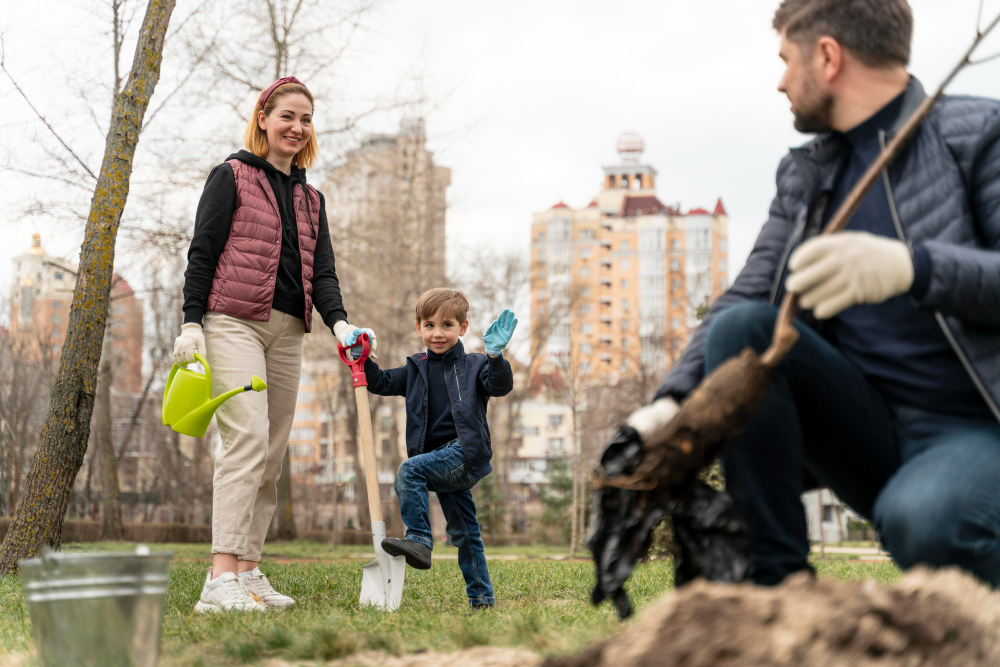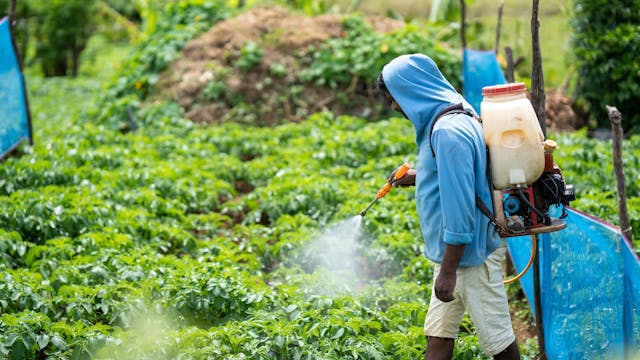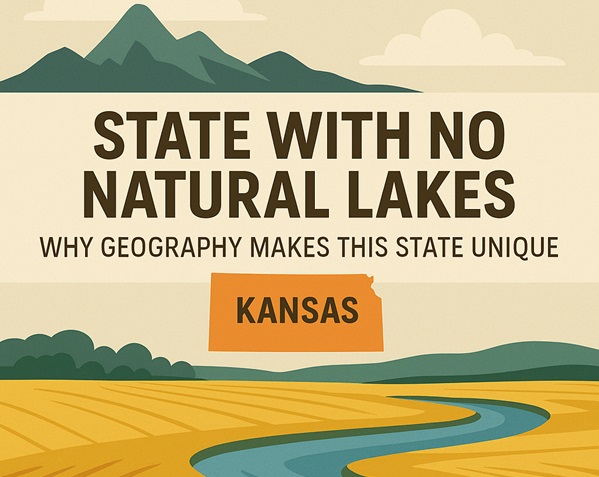Photo courtesy of Freepik
Imagine a peaceful forest, full of birdsong and rustling leaves, as you say your final goodbye. Instead of a traditional burial where caskets and chemicals harm the earth, their ashes nourish a tree and help new life grow. That’s the essence of sustainable funerals – honouring the deceased while protecting the planet.
With environmental concerns growing, families are looking for eco-friendly funeral options to reduce their impact on the earth. Many are moving away from traditional practices and opting for greener alternatives. This article looks at sustainable funeral options for nature-loving families and shows how meaningful choices can have a lasting positive impact on the planet.
Why Sustainable Funerals Matter
Traditional funeral practices have a big environmental impact. Embalming chemicals like formaldehyde seep into the ground and can contaminate soil and water sources. Metal caskets and concrete vaults used in burials don’t decompose and take up land for generations.
In fact, a traditional burial uses up to 3,000 pounds of metal, 1,000 pounds of concrete and over 100 gallons of embalming fluid. Given the ecological footprint of traditional funerals, we need sustainable alternatives pronto.
Green burials and eco-friendly cremation can reduce land use, waste and chemicals. These options align with growing environmental concerns and offer a way for families to honour their loved ones while minimising the ecological footprint.
Eco-Friendly Cremation
Cremation is considered more eco-friendly than traditional burial because of its lower environmental impact. Unlike traditional burials which require land, caskets, embalming fluids and concrete vaults, cremation uses far less:
- Less land usage: Traditional burials consume large areas of land, especially in densely populated areas. Cremation eliminates the need for burial plots and preserves land for other uses.
- Lower resource consumption: A traditional burial requires wood, metal and concrete. Cremation only requires energy for the cremation process, using much less non-renewable resources.
Plus modern cremation technology has made the process even more sustainable. Innovations like water cremation or bio-cremation use water and natural alkaline chemicals to break down the body, which uses much less energy than traditional flame based cremation. They also produce fewer emissions making them a more eco-friendly option.
Families looking for greener options choose a cremation company that offers these sustainable practices so their loved ones end of life arrangements align with their environmental values.
Green Burial and Natural Cemeteries
Green burial is an eco-friendly practice that avoids embalming fluids, non-biodegradable caskets and other toxic materials. In this practice bodies are buried in biodegradable caskets or shrouds and allowed to decompose naturally and return to the earth.
Natural cemeteries are designed to support this process, promoting ecological preservation by allowing bodies to decompose without harmful chemicals. They often feature native plants and trees to maintain local biodiversity.
As more families go eco-conscious the demand for natural cemeteries is growing. And biodegradable urns which hold cremated remains and allow for tree planting or other natural memorials.
Memorialization Options
There are many ways to memorialize loved ones that don’t harm the environment. Tree planting is a popular option where cremated remains are used to feed a tree and create a living memorial.
Memorial reefs, formed by mixing ashes with concrete to create a habitat for marine life is another eco friendly option. Some families also choose to plant flowers or plants with the ashes and turn the memorial into a thriving natural space.
Memorial jewelry and keepsakes made from cremated remains are also becoming popular. These can be rings, necklaces or bracelets and allow families to keep a piece of their loved one close. These alternatives provide lasting and sustainable memorials that honor the deceased and the planet.
Endnote
Sustainable funeral practices give families the opportunity to make an impact on the environment. As more people realize we need to reduce our footprint we are choosing greener options that align with our values.
This shift towards eco friendly options is a positive change in how we approach end of life decisions. It’s a broader commitment to sustainability and the well being of future generations.




